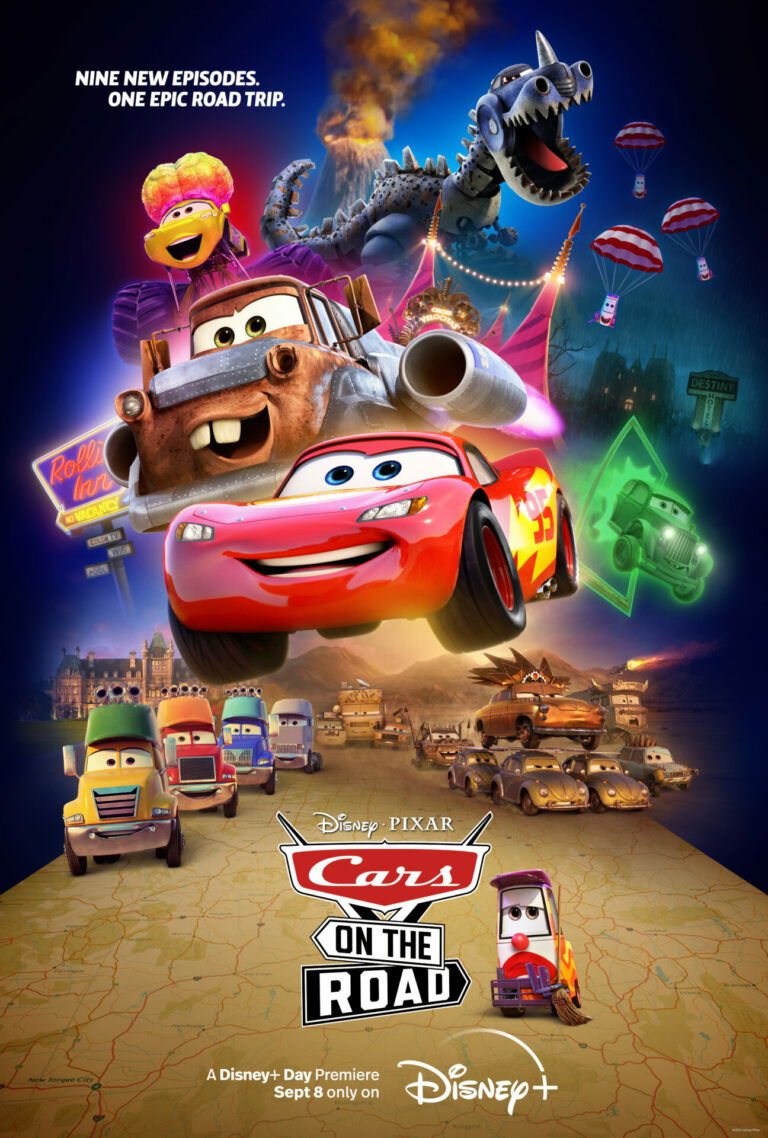“More Coming of Age Debauchery”

| None | Light | Moderate | Heavy | |
|---|---|---|---|---|
| Language | ||||
| Violence | ||||
| Sex | ||||
| Nudity |
What You Need To Know:
CHARLIE BARTLETT contains skewed, unbiblical views of homosexuality, parenting, and sexual relations. There is also some violence, drug use, and profanity. The movie shows two minimally graphic sex scenes, as well as a nude scene that reveals two topless females parading down a hall. On the positive side, the movie discusses the benefits, costs, and endless possibilities of leadership. The movie also offers hope that understanding and harmony can exist between groups that stereotypically often collide in our society.
Content:
(PaPa, B, Ro, HoHo, VV, S, NN, AA, DDD, MM) Mostly mixed pagan worldview with some light elements of morality, mostly near the end of the movie, and some elements of Romanticism, glorifying the losing of one’s virginity, positive encouragement in friendship, attempting understanding between enemies, and respecting even the lowliest of persons, talk of homosexuality as an acceptable lifestyle, message of forgiveness of actions and shortcomings of parental figures, suicidal attempts because depression cannot always be cured by words alone, but love through time spent can cure more than we know, unbalanced ideas of moral parenting (e.g., Charlie gets expelled from two schools and ends up in jail but his charm scores him only 30 hours grounded as punishment); at least 36 obscenities and profanities (nearly half of them “f” bombs); several violent scenes mostly of the school bully fist fighting and taking advantage of the smaller students, one scene involving the shooting of a gun several times in anger and in a threatening manner but never at an individual, and there is a moment when the audience thinks the shooter is going to commit suicide, but finds that it is a false alarm; four instances of sexual talk and innuendos, two implied fornication scenes, with lots of skin shown accompanied by touching and kissing; other than occasional swimsuit model cutouts on the walls of students’ rooms, one scene reveals a male wearing only underwear, while another shows two topless females running down the school hallway; about 10 instances of alcohol use and one extreme case of drunkenness; excessive drug use as the main characters are considered the school’s pharmacists, mention of all types of drugs, but characters only shown smoking cigarettes, marijuana, and popping unadvised pills; and miscellaneous immorality such as teenage rebellion, retrieving a fake ID, lying and disrespecting elders, pulling the school fire alarm, and rioting on school property.
More Detail:
The movie begins mid-dream with Charlie Bartlett positioned on a stage addressing a vast sea of young people. This daydream happens just before Charlie unsurprisingly discovers his mother meeting with the principal of the boarding school that the Bartlett boy attends. She reluctantly hears that the school expels Charlie for selling fake IDs. The well-off mother, Marilyn Bartlett, unsuccessfully attempts to offer the principal cash as if monetary gifts are proper protocol for the principal’s troubles. These situations set Charlie’s life on a very different turn.
The indifferent Charlie finds himself placed in his district’s public school system. Charlie immediately begins to make attempts at popularity by setting off the fire alarm during a school-wide assembly. From the first day in his new school, he attempts to make friends and search out the needs of his student body. As a result of his search, he becomes the school’s pharmacist, supplying the entire student population with prescription drugs and life guidance. The movie follows Charlie as he fights for love with the principal’s daughter, finds the balance between fulfillment of his dreams and school system compliance, as well as aligns the supplying of others’ needs/desires.
The movie’s premise expresses the fact that becoming involved in illegal activities is an ineffective vehicle for supplying the needs and wants of people. Nevertheless, it also contains skewed, unbiblical views of homosexuality, parenting, and sexual relations. There is a saturation of violence, drug use, and profanity. The movie also shows two minimally graphic sex scenes, as well as a nude scene that reveals two topless females parading down a hall.
At first glance, this movie may seem like another teen-targeted, aimless mischief type of work, but one cannot avoid the deeper issues that are addressed. The character of Charlie Bartlett allows for a conversation to be had about the benefits, costs, and endless possibilities of leadership. Initially, Charlie leads his student body in unconstructive activities and a student overdoses on drugs supplied by Charlie. This same power, however, ends a possible student riot and brings a father and daughter to a new stage of relationship.
A strong message of unity as power is prevalent within the movie as the student body bonds together to evoke change. The unifying of generations and relationships between father/child and principal/student is a concluding theme. The movie offers hope that understanding and harmony can exist between groups that stereotypically often collide in our society.


 - Content:
- Content: 

